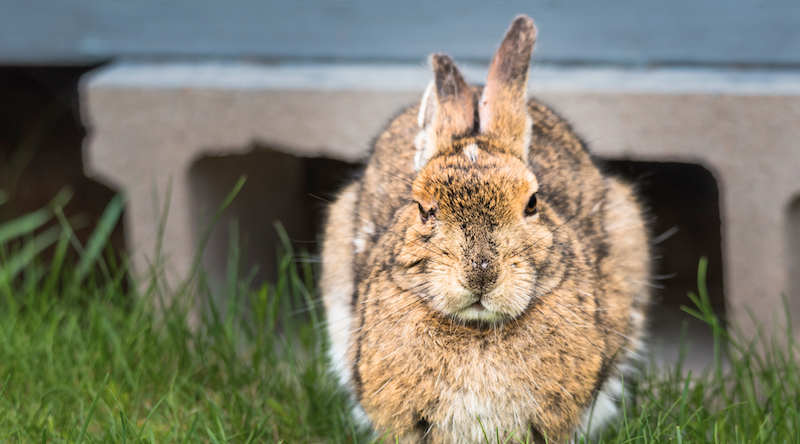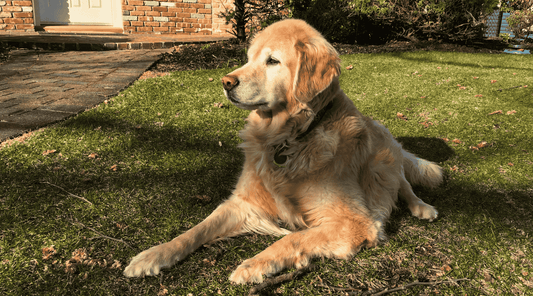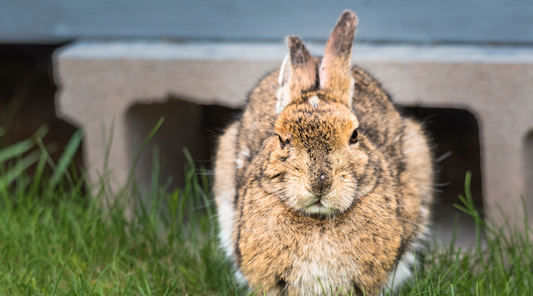
Tender Moments: Understanding and Addressing Behavioural Shifts in Ageing Pets
As our cherished pets grow older, we observe their gradual health decline, which can be emotionally trying. Comprehending their behaviour during these stages is vital to ensuring they receive the care they deserve. This guide identifies common behavioural changes in senior pets, enabling owners to recognise and respond to these shifts. By enhancing awareness, we can comfort ageing pets and make informed decisions that honour their dignity. Through empathy, we become trusted caregivers during this tender time.
Recognising Behavioural Changes
Indicators of Health Decline
Recognising indicators of health decline is crucial for end-of-life pet care. As pets enter their senior years, they may become less active, lose interest in activities, or exhibit changes in appetite. Increased anxiety, withdrawal, and altered sleeping patterns are also prevalent. Monitoring these changes offers insights into your pet's well-being. Understanding symptoms and consulting a veterinarian early can ensure your pet receives the care they need in their final stages.
Understanding Pet Symptoms
Identifying symptoms in senior pets is vital for their well-being. Increased vocalisation, changes in toilet habits, and physical changes like weight loss or lumps necessitate a vet visit. Behavioural shifts, such as aggression, signal distress. Early recognition allows for suitable care, helping maintain your pet's quality of life during their twilight years.
Senior Pet Awareness
Awareness of senior pets involves understanding their distinct needs. Regular vet check-ups, low-impact exercises, and an appropriate diet bolster their health. Create a comfortable environment with easy access to necessities. By focusing on these aspects, you preserve their dignity and provide the comfort needed in their final years.
Providing Comfort in Final Days
End-of-Life Care Strategies for Pets
End-of-life care prioritises comfort and dignity. Pain management is essential, with a vet's guidance. Ensure their space is accessible and maintain a soothing routine. Tender attention and companionship offer emotional support. Discuss hospice or in-home euthanasia options with your vet for a peaceful transition.
Cultivating a Tranquil Environment
A tranquil environment is crucial for ageing pets in their final days. Reduce noise, use soft lighting, and keep their space tidy. Employ pheromone diffusers for a comforting scent. Spend quality time with them to enhance their security and well-being.
Enhancing Comfort for Ageing Pets
Improving quality of life involves addressing physical and emotional needs. Provide a digestible, nutritious diet and gentle exercise. Offer affection and maintain routines for emotional support. Keep their environment familiar and schedule regular vet check-ups to manage health issues, ensuring they receive the love they deserve during their twilight years.
Supporting Owners During This Time
Emotional Support for Pet Owners
Offering emotional support to pet owners is essential during their pet's final days. Validate their feelings and recommend support groups or counsellors. Creating a memorial can honour their pet’s life. Acknowledge grief as personal, and encourage seeking support to navigate this time with compassion.
Making Informed Decisions
Informed decision-making about end-of-life care is vital. Gather information and consult a vet to understand compassionate options. Consider your pet’s quality of life and include family in discussions. Weigh options and seek professional advice to empower respectful choices.
Honouring Your Pet's Legacy
Honouring your pet's legacy celebrates their life. Create a memorial, write stories, or volunteer in their name. Sharing memories with loved ones keeps their spirit alive. By honouring their legacy, you celebrate your bond and ensure their memory remains an inspiration.



